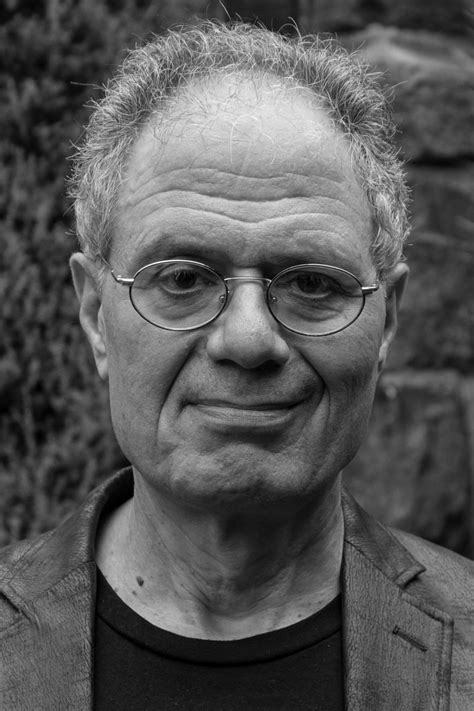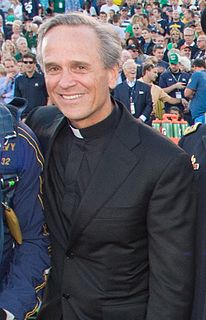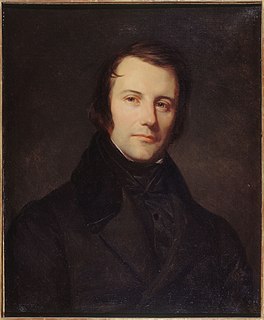A Quote by Amartya Sen
We live in a world where there is a need for pluralistic institutions and for recognizing different types of freedom, economic, social, cultural, and political, which are interrelated.
Related Quotes
Modernity is the ensemble of changes - intellectual, political, economic, social, cultural, technological, aesthetic - that have altered the world drastically since roughly the 17th century, until which time the world was, in the above respects, far less different from the world of any previous epoch of recorded history than it is from the world of today. The modern predicament is the set of problems these changes have bequeathed us.
The enormous social change involved in a sexual revolution is basically a matter of altered consciousness, the exposure and elimination of social and psychological realities underlying political and cultural structures. We are speaking, then, of a cultural revolution, which, while it must necessarily involve the political and economic reorganization traditionally implied by the term revolution, must go far beyond this as well.
Viewed as a means to the end of political freedom, economic arrangements are important because of their effect on the concentration or dispersion of power. The kind of economic organization that provides economic freedom directly, namely, competitive capitalism, also promotes political freedom because it separates economic power from political power and in this way enables the one to offset the other
Freedom is the very essence of life, the impelling force in all intellectual and social development, the creator of every new outlook for the future of mankind. The liberation of man from economic exploitation and from intellectual and political oppression, which finds its finest expression in the world-philosophy of Anarchism, is the first prerequisite for the evolution of a higher social culture and a new humanity.
Coupled with Usury, Unrestricted Competition destroys the small man for the profit of the great and in so doing produces that mass of economically unfree citizens whose very political freedom comes in question because it has no foundation in any economic freedom, that is, any useful proportion of property to support it. Political freedom without economic freedom is almost worthless, and it is because the modern proletariat has the one kind of freedom without the other that its rebellion is now threatening the very structure of the modern world.
Malcolm X envisions a broad-based pluralistic united front, which is spearheaded by the Nation of Islam, but mobilizing integrationist organizations, non-political organizations, civic groups, all under the banner of building black empowerment, human dignity, economic development, political mobilization.
The economic freedom which is the prerequisite of any other freedom cannot be the freedom from economic care which the socialist promise us, and which can be obtained only by relieving the individual at the same time of the necessity and of the power of choice: it must be the freedom of economic activity which, with the right of choice, inevitably also carries the risk and the responsibility of that right







































